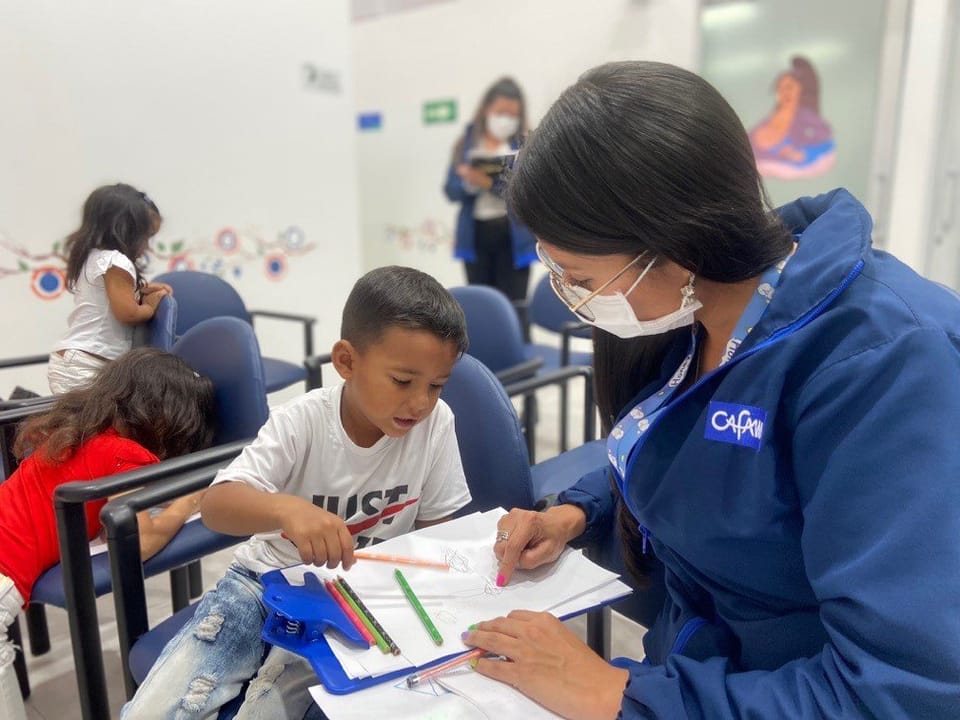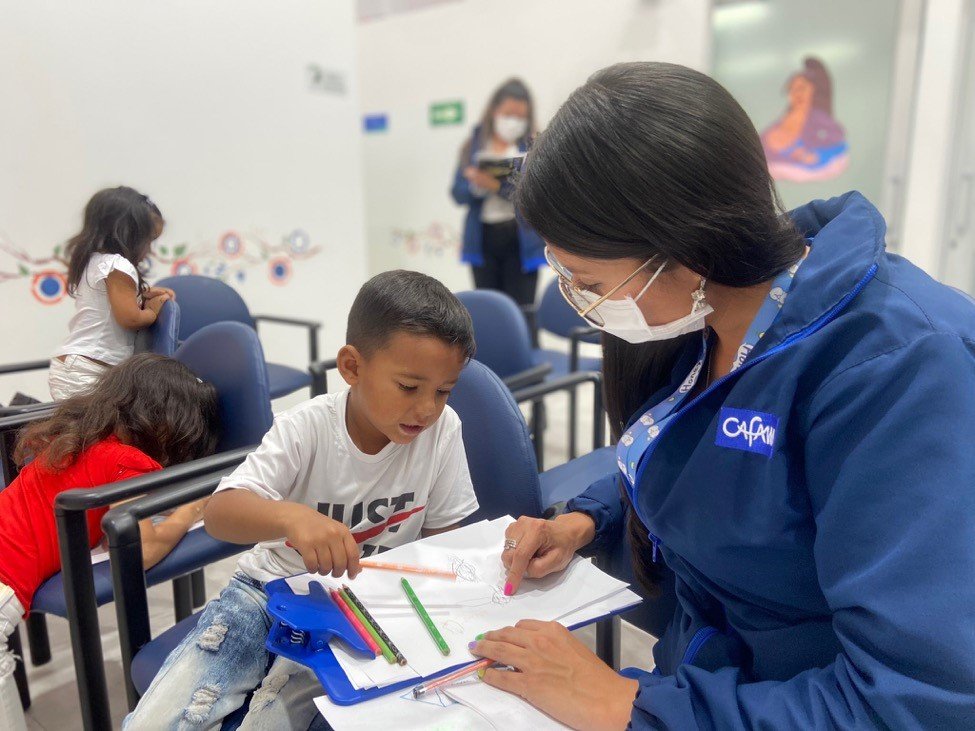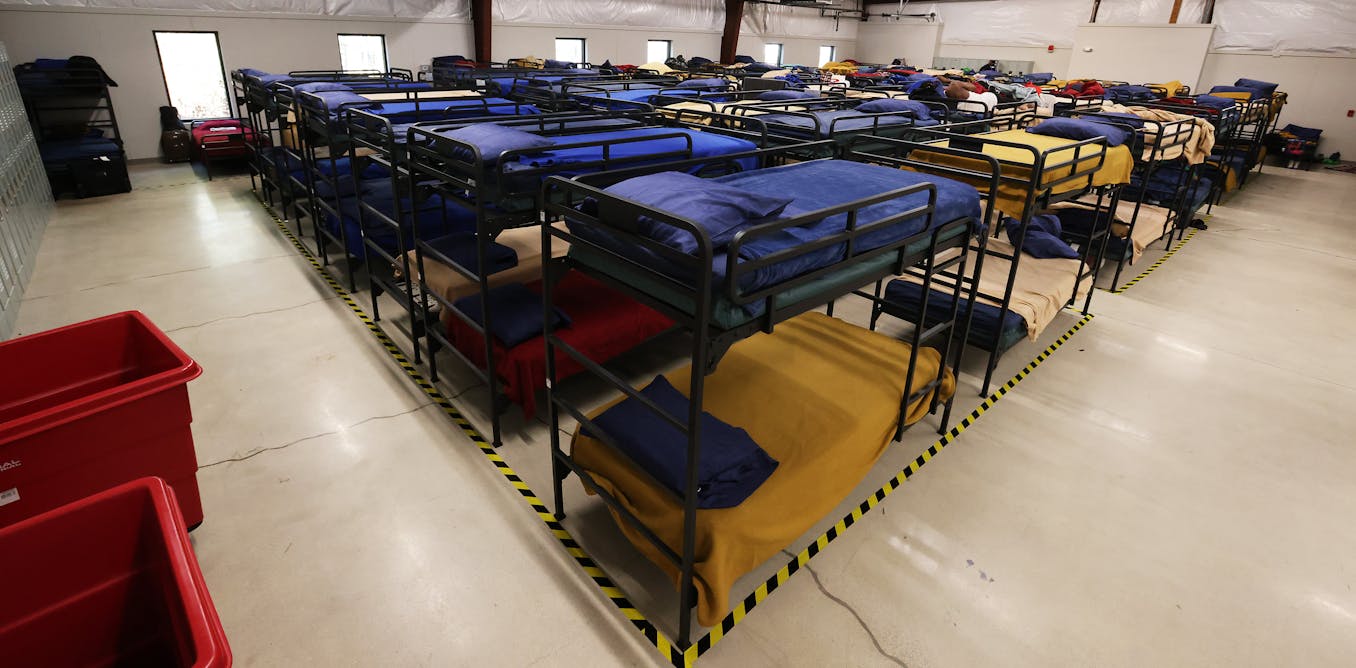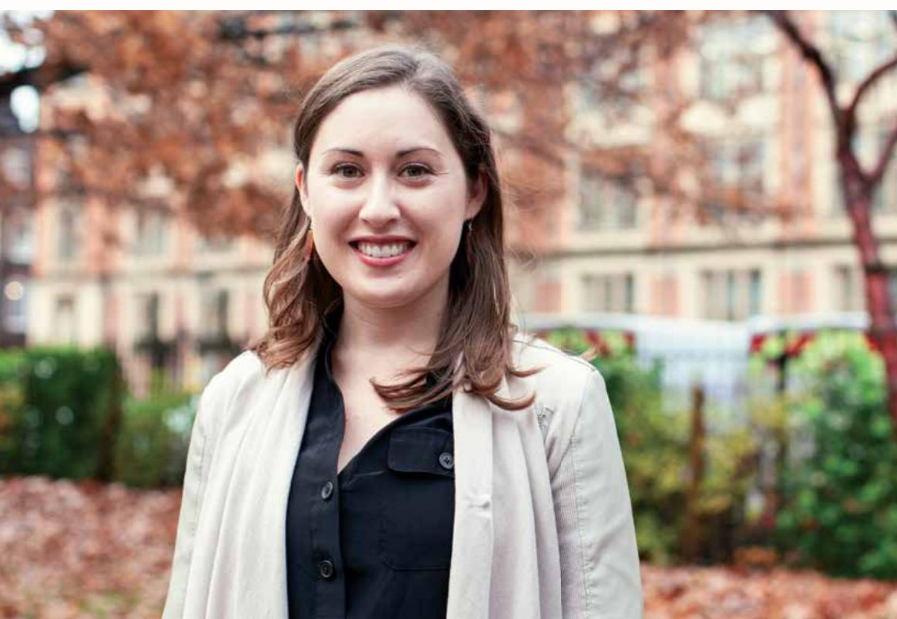Leir Migration Monitor: Urban Citizenship and Mass Deportations

City Governments as Humanitarian Actors: Learning from the Global Cities Fund for Migrants and Refugees
By Samer Saliba, Director of City Practice at the Mayors Migration Council and Senior Fellow at the Henry J. Leir Institute
In this piece, Samer Saliba uses the urban theory lens to illustrate how cities can help offer displaced people access to citizenship. He states that "the increasing number of forcibly displaced seeking safety and opportunity in cities creates an opportunity for citizenship and agency; not national citizenship, but urban citizenship."
He views "city governments [as] capable humanitarian actors who view refugees not as a problem to be solved, but citizens of their cities, entitled to the same rights and privileges as any other resident."
Read more of Samer Saliba's article here:

Many immigrants to the US are fleeing violence and persecution - here's how the federal government can help cities absorb them
Article for the May 3rd, 2024 edition of The Conversation by Karen Jacobsen, Henry J. Leir Professor in Global Migration at the Fletcher School of Law & Diplomacy, Tufts University

In her piece for The Conversation, Karen Jacobsen explains how the federal government can help U.S. cities absorb immigrants.
According to Jacobsen: "In total, the Biden administration has admitted or authorized admitting roughly 1.5 million people under [temporary protection] programs since 2021. Cities need help to cope with these waves of new arrivals. The good news is that with support, refugees and people receiving asylum successfully integrate into life in the U.S. and contribute more to the national economy than they cost."
Read more of Karen Jacobsen's article here:

Trump promises to deport all undocumented immigrants, resurrecting a 1950s strategy − but it didn’t work then and is less likely to do so now
Article for the May 6th, 2024 edition of The Conversation by Katrina Burgess, Director of the Henry J. Leir Institute, and Professor of Political Economy at the Fletcher School of Law & Diplomacy, Tufts University

In her article for The Conversation, Katrina Burgess analyzes Trump's campaign promise to "carry out the largest domestic deportation operation in American history" by replicating Eisenhower's 1954 "Operation Wetback" on a much grander scale.
Drawing on an analysis of how “Operation Wetback” actually worked, she finds Trump’s proposal “to be both disturbing and misleading. Besides playing to unfounded and dehumanizing fears of an immigrant invasion, it misrepresents the context and impact of Eisenhower’s policy while ignoring the vastly changed landscape of U.S. immigration today.”
Read more of Katrina Burgess' article and historical analysis here:

Spotlight: Melissa Weihmayer, F15

Melissa Weihmayer researches the intersection between urban governance and migration challenges, especially how local governments respond to migration and displacement in cities. She is completing a PhD at the London School of Economics and Political Science in Regional and Urban Planning Studies. This PhD builds from her Master of Arts in Law and Diplomacy at The Fletcher School at Tufts University, where she specialized in Global Migration, Development Economics, and Conflict Resolution.
Her research interests span the governance of responses to both internal and cross-border displacement. She is a Research Affiliate in the Internal Displacement Research Programme with the University of London School of Advanced Studies. Given the lack of research on internal displacement compared to refugee movements and international migration, she is advancing debates on the issue through the Researching Internal Displacement network and platform as well as an upcoming Oxford University Press Handbook on Internal Displacement (expected 2025).
Melissa has been working professionally on issues of migration and displacement in the legal, policy, and humanitarian sectors since 2010, most recently with the Greater London Authority (GLA) in her new home in London, UK. She also worked with the Joint IDP Profiling Service (JIPS) and the UN High Commissioner for Refugees (UNHCR) based in Geneva, Switzerland. With JIPS, she managed large-scale data collection projects on internal displacement in collaboration with governments, humanitarian and development actors, working in a wide range of contexts, especially in Central America, Eastern Europe (Ukraine), and the Middle East. This work increasingly engaged urban development and local government stakeholders as cities became recognized as sites of both refuge and intervention.
Current Role: PhD candidate at the London School of Economics and Political Science in Regional and Urban Planning Studies.
I am working on: An analysis of how local governments in London are responding to a significant increase in the numbers of people seeking asylum housed in hotels and other types of accommodation across the capital. They struggle to cope given limited autonomy and rapidly changing policies.
An insight I've discovered: Far from being “stuck in crisis mode”, these local government officers are finding creative ways to provide care and services to their new residents. This shows the potential of local governments to transform the support we can offer to people fleeing conflict.
I am passionate about: The deeper conceptual issues that underpin the challenges in responding to migration and displacement. It requires introspection: how we think about and address migration says a lot about how we define ourselves as citizens and residents of our local communities. But it also requires bigger picture thinking: I recognise that the State is not a monolith and power relations are constantly changing between central, regional and local levels. This broader governance context affects the resources and capacities that governments at all levels have for supporting people displaced by conflict, violence and natural and man-made disasters.


